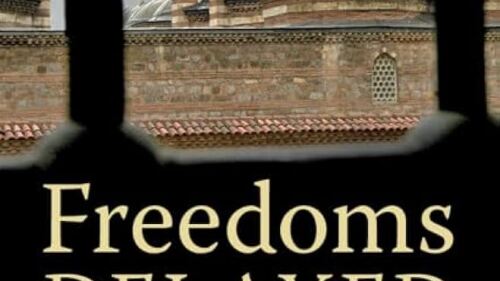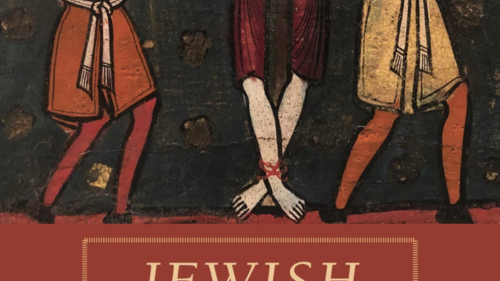Muasher, foreign minister of Jordan in 2002-04, distinguished himself as a moderate voice during a career that included stints as Jordan’s first ambassador to Israel, its ambassador to the United States, and as deputy prime minister.
Much of The Arab Center consists of Muasher recounting his diplomatic experience. A chapter on his time as Jordan’s first ambassador to Israel will interest readers curious how an Arab diplomat sees Israel. Other chapters deal with the Abdullah plan of 2002, the Middle East road map, and the Aqaba summit. Muasher blames Israel for undercutting a historic opportunity with a military offensive into the West Bank the day after an Arab summit affirmed the 2002 initiative, but he omits the suicide bombing of a Passover seder at a Tel Aviv hotel the day before. Such an unwillingness to place events in context permeates his book.
He rates as a liberal within the Jordanian political context, but that does not translate into a willingness to abandon the traditional Arab narrative blaming Israel for most ills. Israel’s participation in the 1991 Madrid peace conference, he writes, “was not genuine.” But, of course, Jordan’s participation was. He relates how his government used the conference to position itself in an Arab leadership role. Indeed, over the next decade and, even more after 9/11, Jordan joined Egypt and Saudi Arabia as the “new Arab core,” both moderate and proactive.
Within the context of Jordanian politics, Muasher is often labeled a reformer, pushing for more political and economic transparency and diplomatic moderation. At one point he explains his reasons, recalling that he urged Arab foreign ministers “to create a homegrown blueprint for political and economic reform in the Arab world, lest the United States try to impose its version of reform outlined in the ‘Greater Middle East Initiative.’”
The Arab reform comes up only really in one chapter, where he observes that Arab governments—and even opposition parties—have used the Arab-Israeli conflict as an excuse to avoid any serious dialogue about reform. Alas, this is a trap from which he himself is unable to escape, arguing that Arab reform “requires a dramatic change of policies by Israel,” adding “Israel cannot continue to rule by the sword.” Then, how does Muasher explain the worsening of violence and the failure to reform in Gaza following Israel’s 2005 unilateral disengagement? The reader never finds out.
Muasher’s implication that the West should view terrorism in shades of gray rather than as a black-and-white issue is to suggest that some terrorism can be acceptable; he does not recognize that it is this willingness to legitimize terrorism that is at the heart of the political failure of the Arab states. His statement that Islam need not hamper democracy may be true, but his argument—a breezy reference to centuries of Islamic scholarship emphasizing individual reason and freedom—falls flat; early caliphates neither prized liberty nor enjoyed even proto-democracy. Still, he is correct that Arab civil society must “muster the courage to answer religious parties.”
Muasher’s outline of the way forward is equally thin: Recommending that Arab states make a “commitment to political and cultural diversity” and “commitment to peaceful means” is easier said than done.



